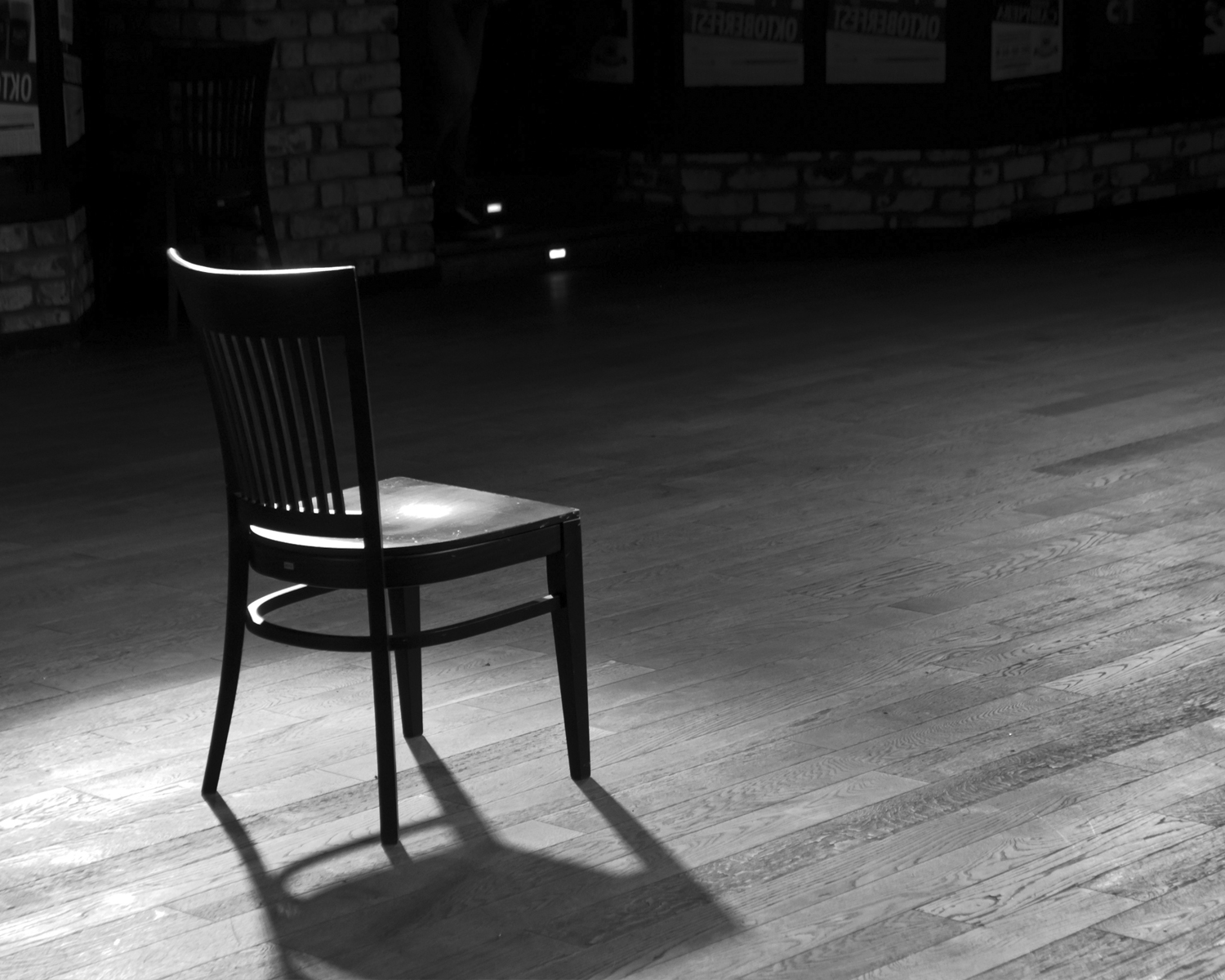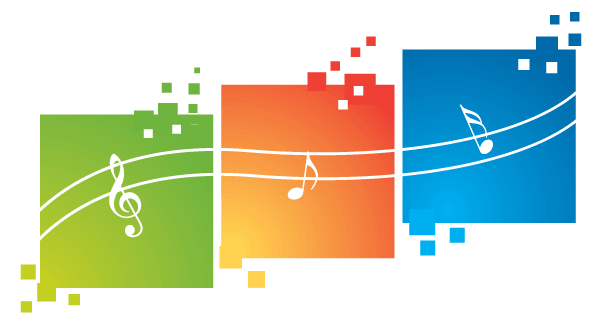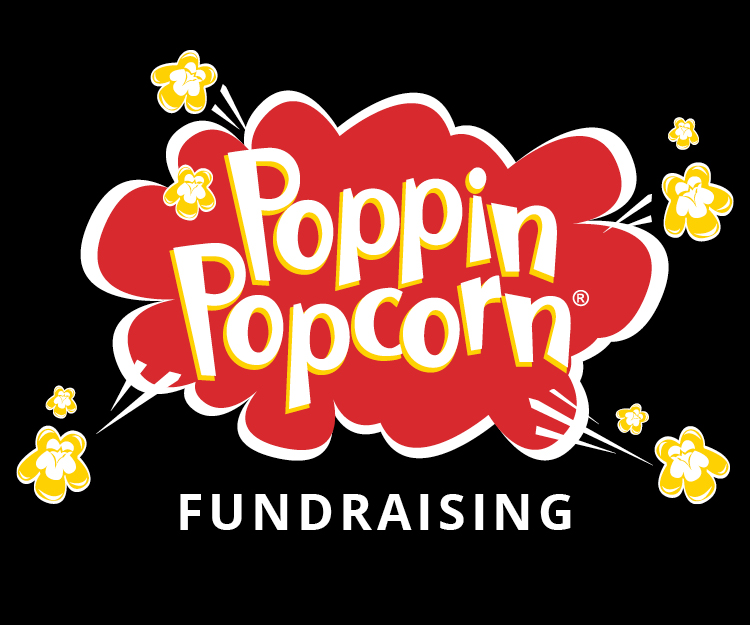
Audiences are missing out, yes. But more than that, performers are missing out on a big part of their hearts and souls—the ability to perform.
Performing Arts have long been known to play a huge part in the education of children and young adults. The arts teach confidence, communication skills, emotional intelligence and life skills that can be used for years beyond their schooling years. According to the Journal of Educational Psychology , students who participate in dance, drama, music, and visual arts showed more positive academic and personal well-being outcomes than students who were not as involved in the arts. But there is also a psychological benefit, one that students all over the United States are having to learn to live without now.
Anyone who has been on a stage knows there is a certain feeling one gets from performing that is impossible to find anywhere else. You just can’t get it from singing into a camera for YouTube or Zoom. It comes from the energy between the audience and the performers. It comes from the immediate appreciation of knowing others are enjoying what you are showing them. It comes from cheers and laughs and applause.
I remember the first time I competed with my high school show choir; I came off the stage feeling like I was flying, and immediately I told my mom, “That is the best feeling in the whole world.”
My husband is a musician, a classically trained guitarist. He is also known to dabble with other genres as well, most specifically, rock and blues. Before Covid, he spent a great deal of time performing live. Now that he is without that outlet, he is definitely less comfortable in the world. It’s as if each performance is a shedding of skin, and now, without the opportunity to shed, all those layers of skin are starting to add up… and get uncomfortable.
Performance gives us a chance to live in someone else’s world for a while, to have their thoughts and actions. In doing so, we as the performers are able to work through complex emotions we may be dealing with in our own lives. Our emotions become intertwined with those of the person who wrote the song we’re singing, and we get to feel it all and then leave it on the stage.
But now, the anxiety performers are feeling has no end in sight. The uncertainty of Covid-19 and its effect on their ability to do what they love has nowhere to go. What a time to lose one’s outlet.
Licensed psychotherapist and former Broadway dancer John Carroll discusses coping strategies such as mindfulness and meditation in the latest issue of Playbill. Carroll says performers experiencing this anxiety should not push through, but process through. “Push through is: Pull yourself up from the bootstraps, head down. Get from point A to point B. Make it happen,” he says. “Process through: I’m going to get from point A to point B, but I’m going to be insightful and mindful and implement empathy and compassion for myself.”
It’s important for performers to acknowledge the emotions they’re experiencing as a result of being “benched,” so to speak. Sadness, anger, fear, and disappointment are totally normal emotions in this situation. Carroll says one cannot overemphasize the need for routine. “When we have structure in our day, then we know what the parameters and the rules and regulations are, and that decreases a sense of not knowing, which then decreases that sense of anxiety,” he says.
In addition to mindfulness and meditation, other ways a performer can constructively process all these feelings include creating new art. Have a lot on your mind? Journaling is a great way to work through complex feelings, and who knows, you may just find yourself composing the next groundbreaking musical. Have too much nervous energy? Turn on your favorite music and, as Meredith and Christina are known to do on “Grey’s Anatomy,” dance it out.
Coming up with your own choreography can be very liberating and stress-reducing. If you’re feeling sassy, record it and post it to Tik Tok. There are no rules here.
So for those of you out there who are feeling a giant stage-shaped hole in your life, please know that you are not alone. Reach out to friends and other performers about your fears and anxieties, talk to your director, and lean on each other. Whatever you do, don’t keep it bottled up. Together, we will all get through this trying time, and live to perform another day.











